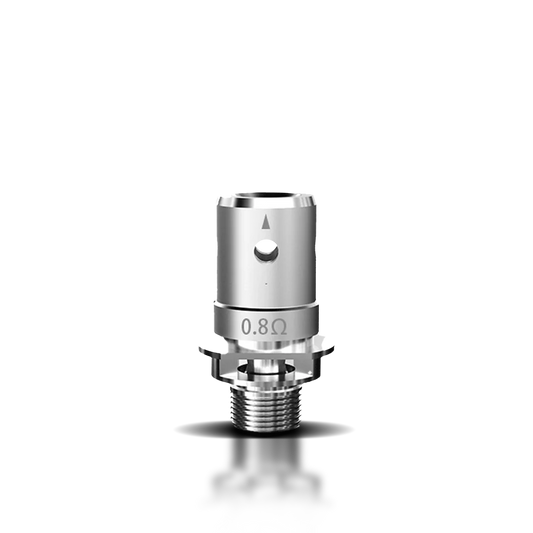
Can nicotine help anxiety? The mental health debate
Vaping is often framed as a tool for quitting smoking, but increasingly, it’s also being used by people seeking relief from anxiety and stress. The question is growing louder: can nicotine actually help with anxiety — or is it doing more harm than good?
With anxiety rates rising among young adults in the UK, many turn to vaping as a coping mechanism. But the relationship between nicotine and mental health is far more complicated than it seems.
Why people use nicotine to cope
Nicotine stimulates the release of dopamine and other neurotransmitters that can produce temporary feelings of calm or pleasure. This is why many users describe a sense of relief or reduced tension after vaping. For someone experiencing anxiety or stress, these short-term effects can feel like a lifeline.
It’s also why some former smokers or even non-smokers turn to vaping — not just to satisfy a habit, but to soothe racing thoughts or stressful emotions.
What the science says
Some studies suggest nicotine may have short-term calming effects, especially in individuals who are already addicted and experiencing withdrawal symptoms. However, this relief is often temporary and can be part of a cycle that actually worsens anxiety over time.
In reality, nicotine is a stimulant. While it might initially relax you, it also increases heart rate and blood pressure. Over time, regular nicotine use can lead to dependence, and with it, withdrawal symptoms that mimic — or even intensify — anxiety.
This creates a loop: nicotine eases anxiety for a moment, but may fuel it long term.
The UK mental health context
In the UK, vaping is commonly promoted as a smoking cessation tool. Public Health England has repeatedly stated that vaping is far less harmful than smoking tobacco. But its growing use among younger people who never smoked raises new questions.
More young adults are using vapes not as a way to quit, but to self-medicate for anxiety and depression. While some report it helps them manage day-to-day stress, mental health professionals are concerned about nicotine dependency forming in vulnerable users.
Should you vape for anxiety?
If you are considering using nicotine to manage anxiety, it’s important to understand that it is not a medically recommended treatment. There are other, safer options such as therapy, breathing techniques, and non-addictive medications prescribed by a professional.
That said, some people find vaping helpful when they are transitioning off cigarettes and managing anxiety in the short term. In such cases, using low-dose or nicotine-free e-liquids may offer a compromise — providing the ritual of vaping without the addictive element.
What to look for in a mental health-friendly vape setup
- Try low-nicotine or nicotine-free e-liquids to avoid long-term dependence.
- Use vape devices with consistent, smooth delivery to reduce irritation or anxiety spikes.
- Stick with reputable brands to avoid harmful additives.
- Avoid caffeine or other stimulants alongside nicotine if you’re prone to anxiety.
The bottom line
Nicotine may seem to ease anxiety, but it’s often a temporary illusion. For long-term mental health, the risks of dependency can outweigh the short-term comfort. Understanding this can help you make better choices — and explore alternatives that truly support your wellbeing.
Looking for guidance on nicotine levels or calming vape setups?
Visit Vape Lounge in Manchester — we’ll help you explore relaxing, responsible options tailored to your needs.
Call us: 0161 637 6066
Visit us: 147 Great Ancoats Street, Manchester M4 6DH
Email: hello@vapelounge.uk






